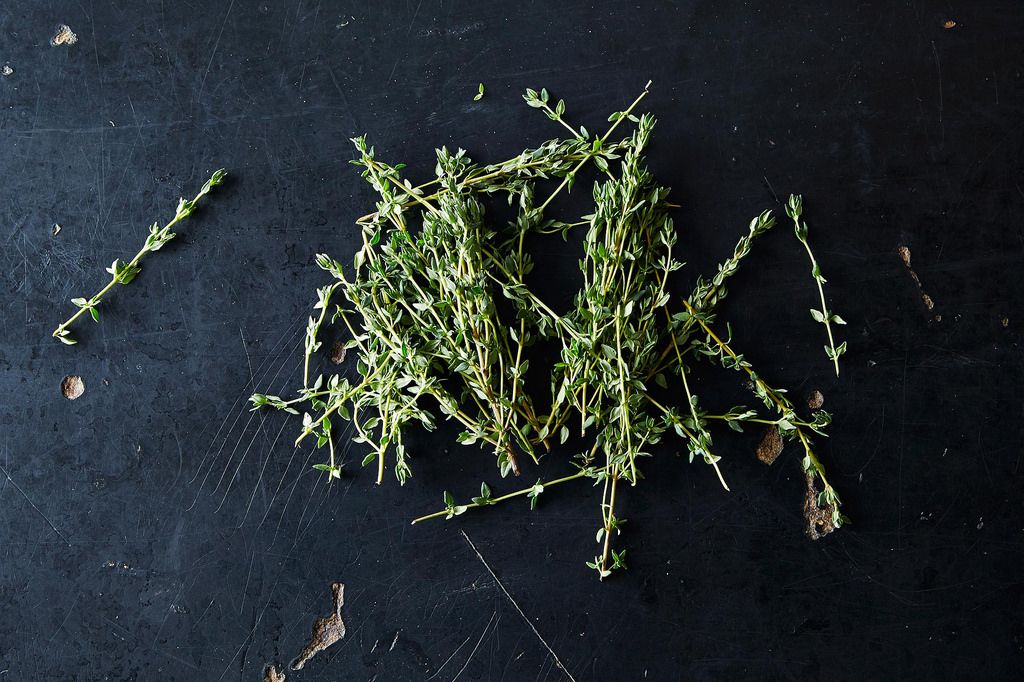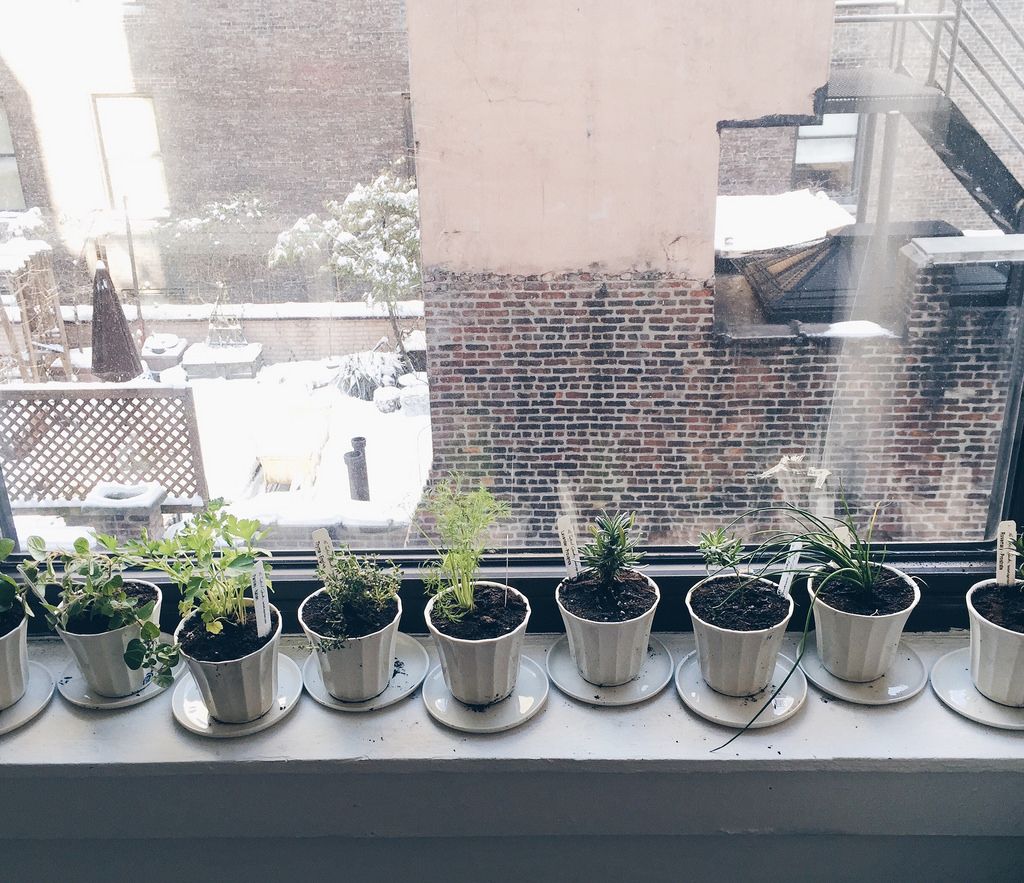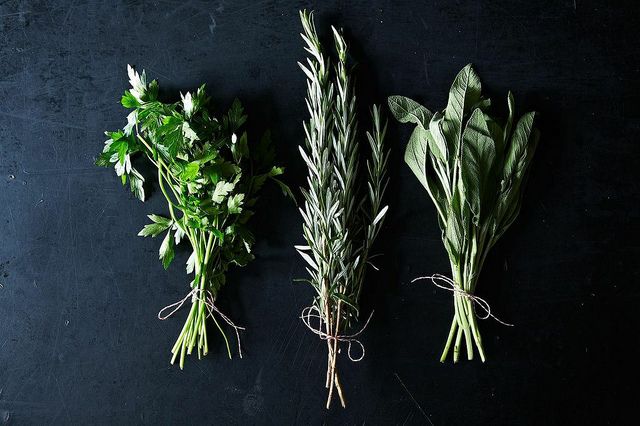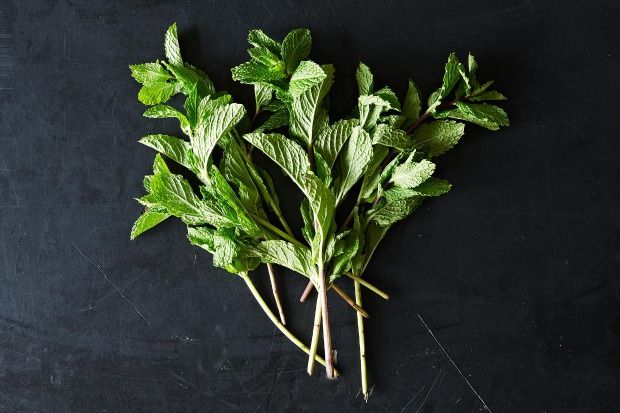There are so many great conversations on the Hotline—it's hard to choose a favorite. But we'll be doing it, once a week, to spread the wealth of our community's knowledge—and to keep the conversation going.
Today: Herbs all winter long—and next spring too.

When you live north of the Mason Dixon line, it’s inevitably going to be cold from December to March (and in some cases, longer). Whatever mobile, edible greenery you have growing outdoors—be it in your backyard or on your fire escape—needs respite come this time of year. And when you don’t have a sun lamp to spare (using it for yourself, hi) or a spacious, covered outdoor space where your rosemary has it’s own bedroom AND bathroom, creative solutions are paramount.
Over on the Hotline, Alex asked what to do with an outdoor herb garden looking to survive winter, without bringing critters inside—and your strategies proved varying. Here are your suggestions for getting herbs through the year’s colder months:

-
Oldunc says your best bet is to move perennial herbs outside during good weather and bring them in at nights, at least until freezes are no longer a danger. She suggests using a cold frame, if practical.
-
Susan W advises not to bring hardy herbs like rosemary or thyme inside, that if you move them into some kind of shelter, they slow down, but always come back stronger in springtime. But basil is somewhat of a lost cause—she always replants it.
- If you have the space and ability, plant herbs in the ground, like Marcena (she thinks they do better this way). Even if the winter kills them, and you must replant in the spring, she’s had good luck freezing thyme and rosemary whole on the stem (in freezer bags). You can also hold onto parsley stems for use in stock, or keep chopped herbs frozen in water or olive oil in ice cube trays.

More: How to bring wilted herbs back to life.
-
Cv suggests to, rather than move herbs inside, move their containers closer to your building or house, which can make a difference of 5 to 10 degrees. This is helpful when you don’t have much space to share indoors. And if you still have herb casualties, it’s not the end of the world; just replant in the spring (“Heck, that's the natural way anyhow,” she says).
- If you have room in your yard, try oldunc’s trick to heel the pots into the ground, essentially burying them. The ground continues to give off heat, and this method can be successful in areas that don't freeze hard.

-
Cookbookchick corroborates Susan W's statement—use up the basil you have when it's warm; it'll die in the cold.
-
Bevi’s daughter, who lives in Brooklyn, brings her herbs in from her balcony every year. Oregano, marjoram, and sage do well, and sometimes mint can hang on, too.
Photos by James Ransom; herb garden photo by Amanda Sims
Tell us: Do you have herb saving strategies for the winter?





See what other Food52 readers are saying.